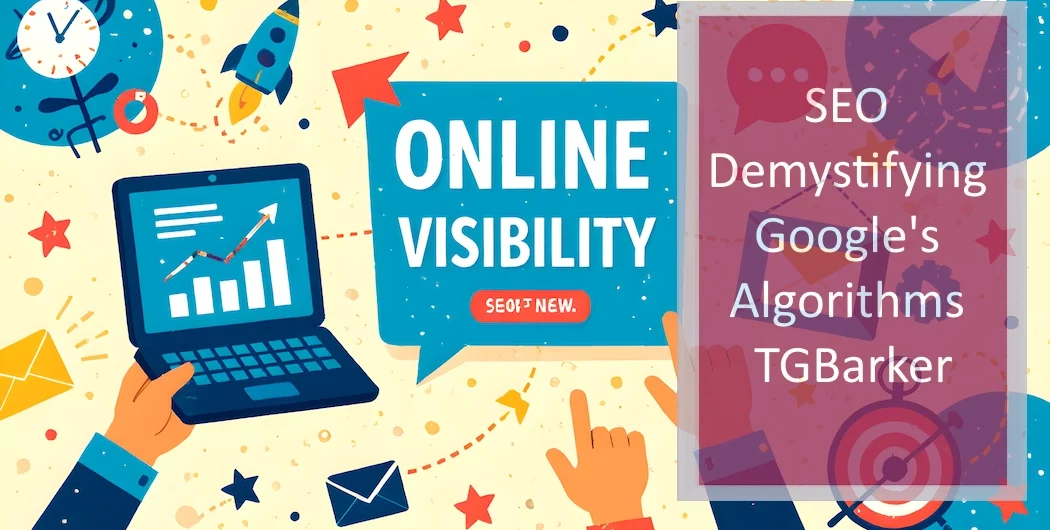Master Search Engine SEO with T. G. Barker Introduction Google has become a fundamental part of our daily lives. The search engine receives more than 3.5 billion searches per day, which means that mastering it can be a valuable asset. However, the complexity and vastness of the Google universe can make it difficult to know
Facebook Ban Kids Shouldn’t get Social Media Until they are Eighteen The rise of social media has revolutionized the way people communicate, share information, and interact online. With platforms like Facebook, Instagram, Twitter, and Snapchat dominating the digital landscape, social media has become an integral part of our modern society. However, when it comes to
Search Engine SEO books 2023 These books are books that provide information and guidance on search engine optimization (SEO) techniques specifically for Google, which is the most popular search engine used worldwide. These books typically cover topics such as keyword research, on-page optimization, technical SEO, link building, content creation, and other strategies to help websites
Building Your Online Success: Crafting a Unique and Engaging Website for the Construction Industry with SEO Strategies That Drive Results! Some ideas for a unique and engaging company website for the construction industry, along with tips on managing SEO for search engines: Showcase Your Portfolio: Create a visually appealing portfolio showcasing your past construction projects,
A well-crafted SEO strategy can help drive more organic traffic to your website In today’s digital age, having an online presence is essential for any business looking to succeed. With the majority of people turning to the internet to find products and services, it’s no longer enough to simply have a website. Instead, businesses must
Keywords: Insights on Competitive Car Insurance and Beyond SEO for keywords ‘car insurance’ are the most competitive keywords on search engines. There are only ten spots on the first page of Google so how competitive is it? “Car insurance” is indeed one of the most competitive keywords on search engines, as it is a high-value
Understanding Google Algorithms: Key Factors that Determine Website Ranking Google and other Search engines use complex algorithms to scrutinize and assess websites based on a range of factors such as content relevance, user engagement, website structure, and overall user experience. These algorithms are designed to determine the relevance and usefulness of a website to users
Boosting Your Construction Business’s Visibility with SEO best Practices and Strategies In today’s digital age, having a strong online presence is essential for any business to succeed. This is especially true for construction companies and trades that rely heavily on local customers. In order to attract and retain clients, these businesses need to have a
Creating an Exceptional User Experience: 10 Best Practices for Improving Your Website UX In today’s digital world, having a website is crucial for any business or individual. However, just having a website is not enough. Your website’s user experience (UX) plays a vital role in determining whether your website will be successful or not. For
6 SEO Strategies for insurance companies Insurance SEO works best when the content reduces confusion and demonstrates genuine expertise. Google evaluates whether your site can help customers compare policies, understand claims processes, and recognise coverage advantages. The more your pages turn complicated subjects into easy explanations, the stronger your authority signal becomes — and Google









